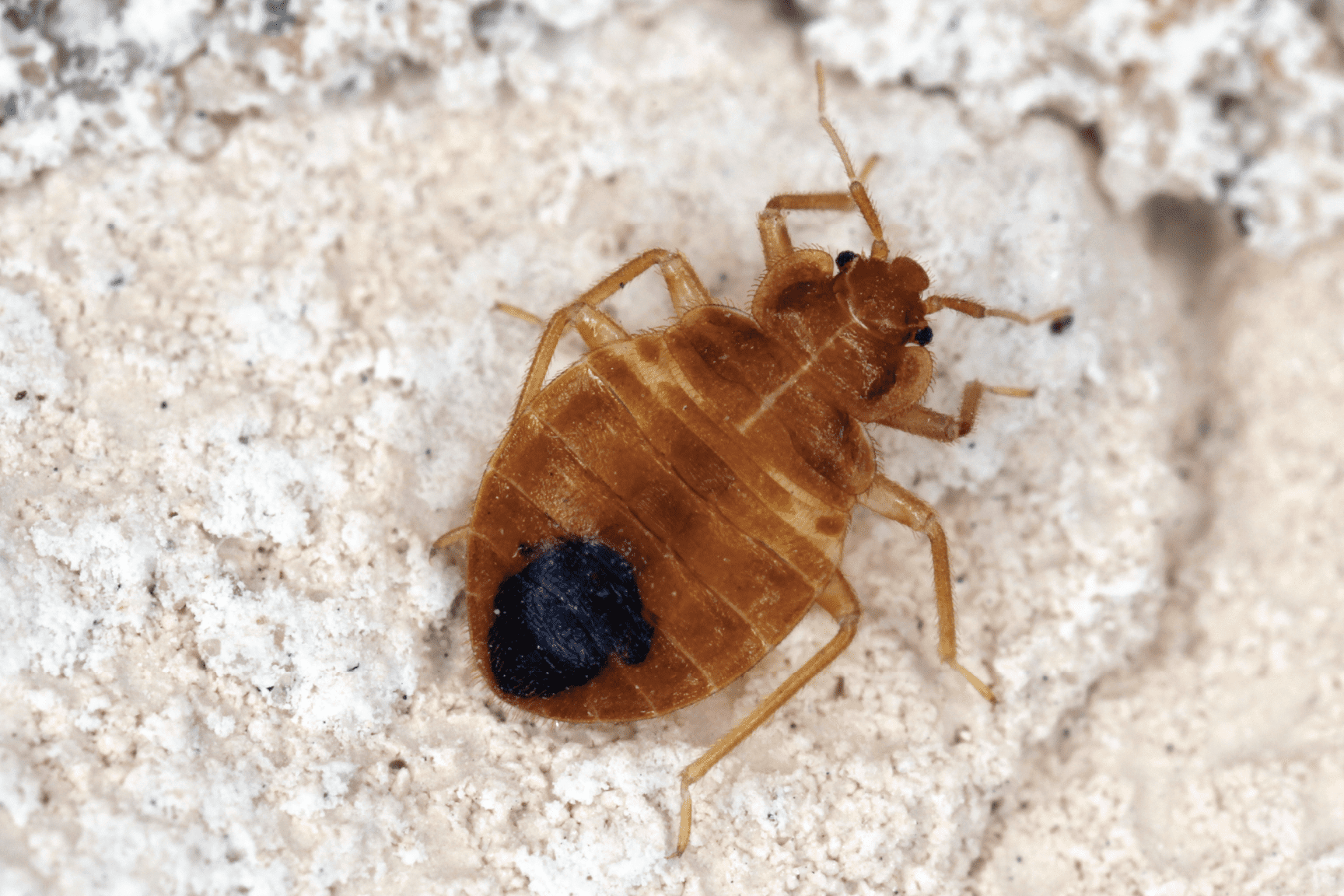Kings Cincinnati Pest Control Companies: Reliable Services
Kings Cincinnati Pest Control Companies: Reliable Services
Blog Article
Kinds Of Parasite Control: Which Method Is Right for Your Infestation?
When faced with a bug infestation, the choice of a suitable method for bug control is critical in properly taking care of the situation. From chemical treatments to organic services, there exists a variety of methods that can be utilized to attend to different kinds of pests. Each method includes its own set of factors to consider and advantages, making the decision-making process a nuanced one. Comprehending the subtleties of each method and evaluating their compatibility with the certain bug problem handy is essential for achieving long-term success in parasite administration. By checking out the various sorts of pest control approaches readily available, individuals can make informed decisions tailored to their distinct circumstances, making sure a much more efficient and sustainable result in parasite obliteration.
Chemical Parasite Control
Chemical insect control entails using artificial or normally obtained chemicals to manage and remove pest populations successfully. This approach is typically utilized in farming, forestry, and household settings to deal with a variety of bugs, consisting of weeds, rats, and bugs. Making use of chemical pesticides can provide quick and targeted remedies to pest problems, making it a preferred option for several individuals and services.
Among the vital benefits of chemical parasite control is its capacity to swiftly eliminate pests, reducing the risk of damages to crops, home, and human health and wellness. By using certain chemicals that target certain parasites, this technique can effectively regulate infestations while lessening harm to beneficial organisms and the setting when used properly.
Nonetheless, using chemical insect control likewise increases issues regarding possible negative effects on non-target varieties, water sources, and human health and wellness. It is important to comply with security standards, apply chemicals sensibly, and take into consideration alternative parasite control methods to minimize these dangers and make certain lasting pest administration techniques.
Biological Bug Control
Biological pest control, also referred to as biocontrol, uses living organisms to decrease and handle insect populations naturally. This technique uses the power of nature to regulate parasites without the need for synthetic chemicals. Biocontrol can entail the introduction of all-natural enemies of the parasite varieties, such as predators, microorganisms, or bloodsuckers, to subdue pest populaces. By utilizing the insect's all-natural predators or pathogens, organic pest control provides a eco-friendly and sustainable remedy to pest monitoring.

Mechanical Parasite Control
Using hands-on and physical methods to handle insect populations, mechanical pest control uses an alternate strategy that does not rely upon making use of living microorganisms or artificial chemicals. This method includes the usage of obstacles, catches, or various other gadgets to literally discourage or eliminate parasites. By obstructing insect entry points or establishing traps to catch them, mechanical parasite control can effectively reduce invasions without introducing chemicals right into the environment.
One common instance of mechanical parasite control is making use of mesh screens on doors and home windows to avoid insects from entering structures. This easy yet efficient technique serves as a physical obstacle, maintaining insects out while permitting correct ventilation. Additionally, tools like mousetraps, fly swatters, and ultrasonic repellents fall under the mechanical bug control group.
While mechanical bug control techniques can be labor-intensive and need regular surveillance and upkeep, they supply a environmentally pleasant and lasting remedy for taking care of parasite problems. By combining various mechanical methods, homeowner can develop a thorough pest control method that lessens reliance Click Here on chemical pesticides.
Physical Parasite Control

Some common physical bug control approaches consist of using barriers such as screens or webs to stop parasite access, traps to catch and eliminate parasites, and hand-picking to literally remove insects from plants or structures. Additionally, methods like warm treatments can be used to regulate insects like bed pests by raising the temperature level to levels that are dangerous to the insects.
Physical insect control is particularly beneficial in incorporated parasite monitoring (IPM) strategies, where several pest control approaches are incorporated for efficient insect monitoring while decreasing making use of chemicals. By making use of physical parasite control techniques, individuals can effectively attend to bug infestations with marginal environmental influence.
Integrated Bug Monitoring
When applying physical pest control approaches as part of parasite management approaches, Integrated Bug Administration (IPM) emerges as a thorough strategy that leverages numerous techniques to effectively control pest populations. IPM concentrates on long-lasting avoidance of parasites through a combination of organic, cultural, physical, and chemical devices tailored to details pest problems. By incorporating numerous control tactics, IPM intends to decrease the threats connected with parasites while additionally reducing reliance on chemical remedies.
One secret facet of IPM is the focus on surveillance and examining pest populaces to figure out one of the most ideal control approaches. This proactive method permits for early intervention and targeted techniques, leading to a lot more efficient insect monitoring. Furthermore, IPM advertises ecologically pleasant techniques by prioritizing non-chemical control methods and only making use of chemicals as a last hope.
Verdict

By making use of the pest's natural predators or microorganisms, biological pest control supplies a lasting and ecologically friendly solution to pest monitoring. - Kings exterminator cincinnati
Using manual and physical methods to handle parasite populaces, mechanical parasite control uses an alternate strategy that does not count on the use of living microorganisms or synthetic chemicals.A reliable approach to handling insect populations without relying on chemical or organic techniques includes the use of physical bug control strategies.When implementing physical parasite control methods as component of pest administration strategies, Integrated Parasite Management (IPM) emerges as an extensive approach see here that leverages numerous strategies to properly control pest populaces. Chemical pest control entails the use of chemicals, organic parasite control uses all-natural killers, mechanical parasite control includes physical barriers, physical bug control consists of capturing or removing pests, and integrated bug management integrates several techniques for an all natural approach to pest control.
Report this page